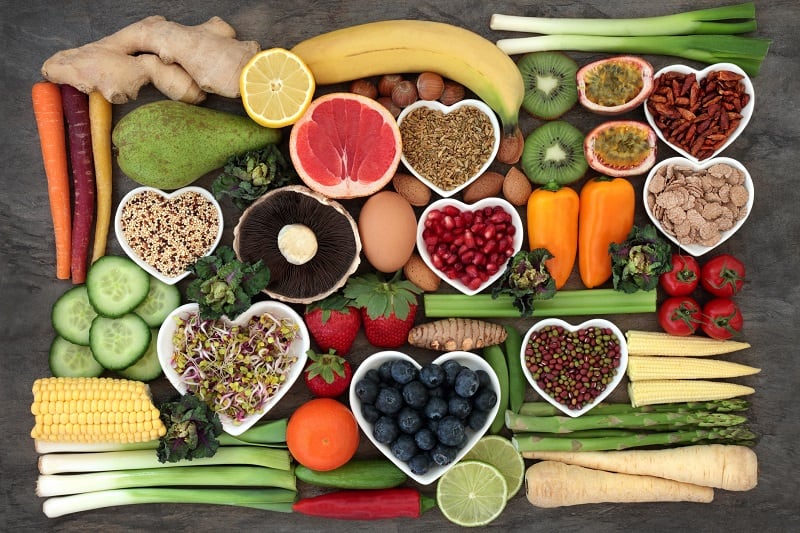Increased numbers of consumers are turning to vegetarian and vegan diets, partly due to the perceived health benefits, as well as concerns about the environment and animal welfare. But the full extent of the potential health benefits and hazards of these diets is not well understood, according the BMJ.
Previous studies have suggested that vegetarians have a lower risk of CHD than non-vegetarians, but data from large studies are limited and little has been reported on the difference in risk of stroke.
So a team of researchers from the Nuffield Department of Population Health at Oxford University in the UK explored the risks of CHD and stroke in meat eaters, pescetarians (those who eat some fish but not meat) and vegetarians over an 18-year period.
The study used data on 48,188 people (average age 45 years) who were recruited between 1993 and 2001, and had no history of CHD or stroke. They were then grouped into meat eaters (24,428), pescetarians (7,506), and vegetarians, including vegans (16,254).
There were 2,820 cases of CHD and 1,072 cases of stroke during the study period, including 519 cases of ischaemic stroke (when a blood clot blocks the flow of blood and oxygen to the brain) and 300 cases of hemorrhagic stroke.
After taking account of potentially influential factors, such as medical history, smoking, use of dietary supplements and physical activity, pescetarians and vegetarians had a 13% and 22% lower risk of CHD than meat eaters, respectively.
This was equal to 10 fewer cases of CHD in vegetarians than in meat eaters per 1000 people consuming these diets over 10 years. The difference may be at least partly due to lower BMI and lower rates of high blood pressure, high blood cholesterol and diabetes linked to these diets, said the authors.
In contrast, vegetarians and vegans had a 20% higher risk of stroke than meat eaters, equivalent to three more cases of stroke per 1000 people over 10 years, mainly due to a higher rate of hemorrhagic stroke.
Vegetarians and vegans in the study had lower circulating cholesterol and levels of several nutrients than meat eaters (e.g. vitamin B12), which could explain these findings, the authors suggested.
Study limitations
As an observational study, it could not establish cause. The findings may also not be widely applicable because they were mainly based on white Europeans.
The study had a large sample size and long-term monitoring, but further research is needed to replicate the results in other populations and it should include further measurements of nutritional factors, said lead author Dr Tammy Tong.
“Additional studies in other large scale cohorts with a high proportion of non-meat eaters are needed to confirm the generalisability of these results and assess their relevance for clinical practice and public health.”
Stroke risk ‘should be kept in perspective’
In a linked editorial, Professor Mark Lawrence at Deakin University, Australia, suggested that the study’s stroke risk should be kept in perspective. “It is based on results from just one study and the increase is modest relative to meat eaters,” he said.
“Relevance to vegetarians worldwide must also be considered. Participants were all from the UK where dietary patterns and other lifestyle behaviours are likely very different from those prevalent in low and middle-income countries where most of the world’s vegetarians live.”
Current dietary guidelines contain the most evidence-based advice available for vegetarians, as well as for fish and meat eaters. They also recognise plant-based diets for their environmental sustainability as well as health benefits, he added.
“Shifting towards plant based dietary patterns for reasons of personal or planetary health does not necessarily mean becoming a vegetarian. Indeed, populations in some low and middle income countries who consume very low amounts of animal source foods may benefit from being able to eat a little more of these foods to gain additional nutrients necessary to help combat all forms of malnutrition.”
Source
‘Risks of ischaemic heart disease and stroke in meat eaters, fish eaters, and vegetarians over 18 years of follow-up: results from the prospective EPIC-Oxford study’
BMJ
Lead author: Tammy Tong




